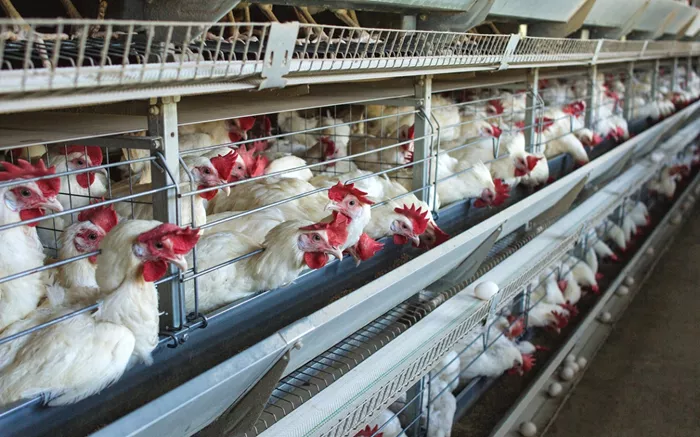New York Governor Kathy Hochul has ordered a temporary closure of live poultry markets in New York City and surrounding areas following a recent bird flu outbreak.
The order, signed on Friday, mandates that the markets close from February 7 to February 14 to allow for a thorough disinfection process. Markets that have not reported any bird flu cases must sell off their inventory and remain closed for five days after cleaning. The order affects markets in New York City, as well as in Westchester, Suffolk, and Nassau counties.
For markets where bird flu is suspected, the sellers are required to report the issue to the state’s Department of Agriculture and Markets.
Governor Hochul emphasized the proactive nature of the measure. “My top priority will always be to keep New Yorkers safe,” she stated. “I have directed our state agencies to use all available resources to ensure we are taking every necessary step to keep the public’s risk low.”
Concerns about the bird flu have escalated after cases were confirmed in Queens, the Bronx, and Brooklyn in the first week of February. In response, three ducks at the Queens Zoo died from the virus. Additionally, at least 12 birds at the Bronx Zoo may have been exposed to the virus, and lab tests are underway to confirm the cause of their deaths.
To prevent further spread, the Wildlife Conservation Society has relocated vulnerable bird species to protected areas within the city’s parks. The organization continues to monitor the situation closely and is coordinating with local, state, and federal authorities.
The bird flu outbreak is also impacting the cost of poultry products. The U.S. is seeing a rise in egg prices, with reports of a significant theft of 100,000 eggs in Pennsylvania valued at $40,000.
In response to rising prices, New York Attorney General Letitia James issued a warning to businesses, urging them not to engage in price gouging during this crisis. “While bird flu is affecting poultry farms and contributing to a national shortage, this should not justify inflated prices,” James said.
Additionally, a new strain of bird flu has been detected in dairy cows in Nevada. The U.S. Department of Agriculture reported that the virus was identified through milk genome sequencing. The Nevada Department of Agriculture is investigating and working to prevent further spread. Experts assure the public that pasteurization, the process of heating milk, neutralizes the virus, making pasteurized milk safe for consumption.
Read more:
- New Study Finds Many People With Diabetes Are Lacking Vitamin D And Magnesium
- New Research Links High HDL Cholesterol To Increased Glaucoma Risk
- Omega-3, Vitamin D, And Exercise May Slow Aging, Study Finds


